PWS Research Bases
Koshima
The Birthplace of Japanese Primatology

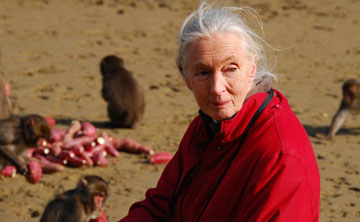
PWS students visit Koshima Island as one of the first PWS field courses they attend. Koshima is a 0.32km2 island located in the southwest of Japan, off the coast of Kyushu. There are approximately 100 Japanese macaques (Macaca fuscata, popularly known as snow monkeys) on Koshima. The Japanese macaques on Koshima, are well known for the behavior of washing sweet potatoes. Sweet potato washing behavior was first observed in Koshima, in 1953; then regarded as a pre-cultural behavior in nonhuman animals. At the revered birthplace of primatology in Japan, PWS students learn fundamental fieldwork skills over the course of an intensive week. Students learn actively, by designing and conducting a field study or experiment by themselves.
Website
Yakushima
Fieldwork at Yakushima, an UNESCO World Heritage Site

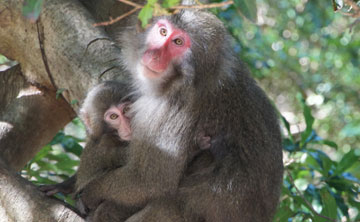
PWS co-hosts a series of practical training courses (Yakushima Field Science Course and Genome Science Course) designed for participants intending to carry out both laboratory work and fieldwork. PWS students, together with invited participants from abroad, collect samples from the field and perform various experiments and analyses at Kyoto University laboratories.
Website
Laboratories
- Center for the Evolutionary Origins of Human Behavior
- Kumamoto Sanctuary
- Wildlife Research Center



Deepen and broaden your perspective by investigating topics at different levels of analysis.
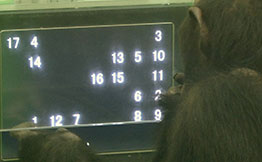
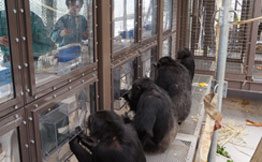
Japan Monkey Centre
Hands-on experience from experienced curators

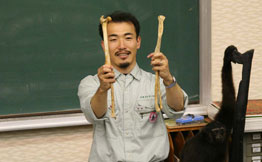
The Japan Monkey Centre (JMC) is a museum and zoo housing over sixty different species of nonhuman primate. In cooperation with the JMC, PWS offers a course on which participants can learn, through practical experience, how to maximise the welfare of primates in captivity, and about public engagement from the JMC curators. This presents an invaluable opportunity for participants who aim to become specialists in animal welfare and/or conservation; a huge step towards reallizing their dream.
Sasagamine
Learn survival skills at an elevation of 1,300 m

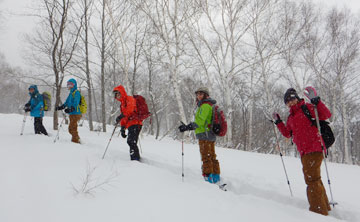
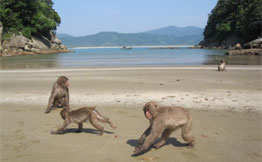
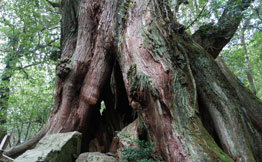

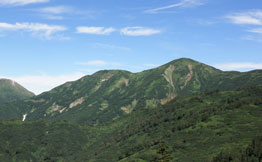
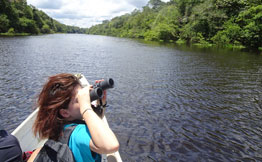
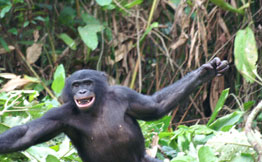
-(3).jpg)





















